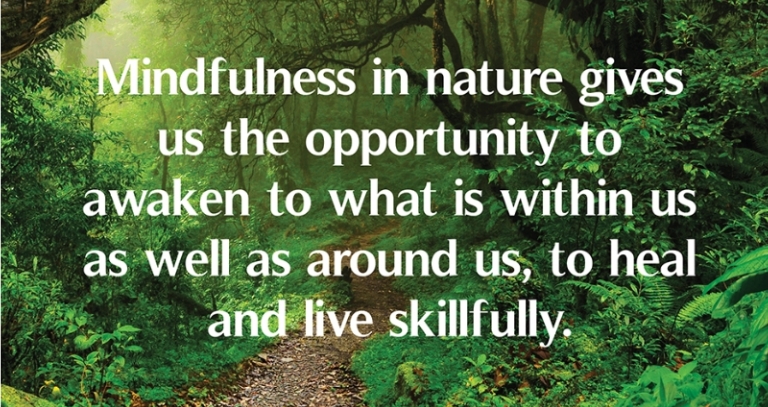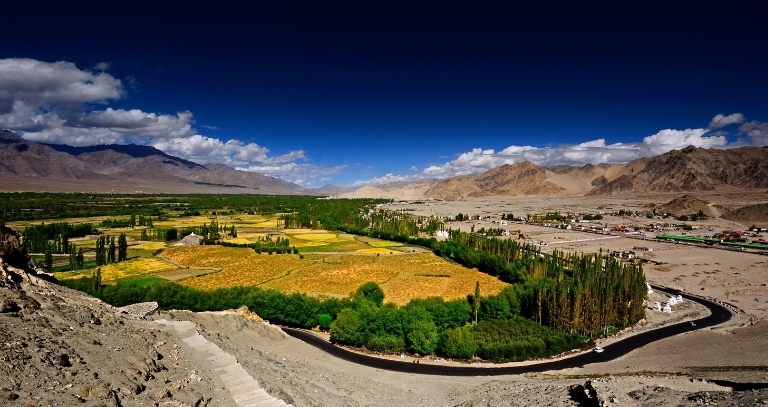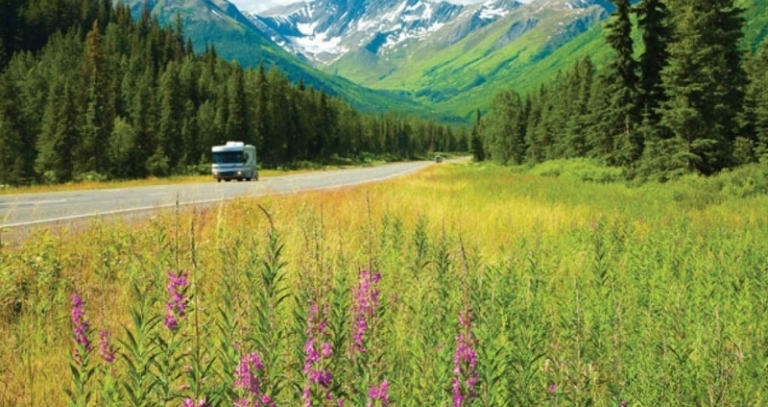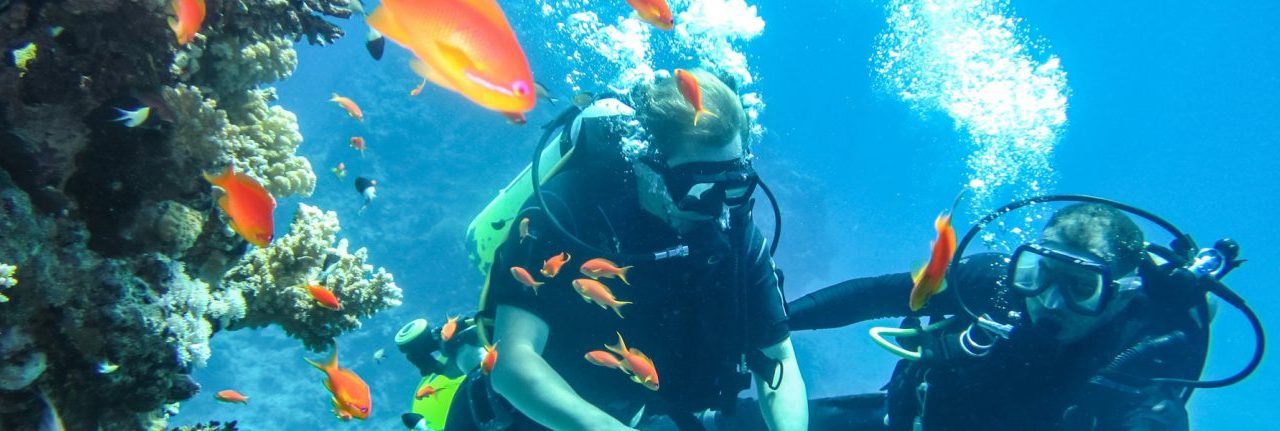COVID-19 and Its Unexpected Environmental Benefits
COVID-19 changed daily life across the globe, and surprisingly, it also benefited the environment. As travel halted, industries slowed down, and human activity decreased, nature got a chance to recover. From cleaner air to clearer rivers and returning wildlife, the pandemic highlighted how human actions directly affect the environment.
Traffic-free roads After COVID-19
COVID-19 : The silence of lockdown was almost surreal. Busy cities, once filled with honking horns and heavy traffic, suddenly became peaceful. With fewer vehicles, toxic emissions dropped, noise pollution disappeared, and even the air smelled fresher. Nature seemed to seize this pause, reclaiming the shine it had lost due to our daily rush.
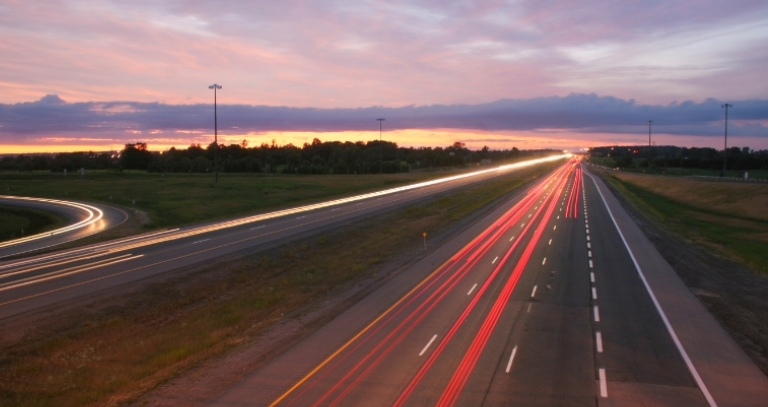
COVID-19’s Impact on Air Quality
COVID-19 lockdowns caused a significant drop in pollution levels. Cities like New Delhi experienced up to a 44% reduction in PM10 particles. Worldwide, carbon dioxide and nitrogen dioxide emissions declined by nearly 40%. As a result, skies became clearer, and people could enjoy fresher air than they had in years.
Lockdowns brought pollution levels down dramatically. Countries reported up to 40% reductions in carbon dioxide and nitrogen dioxide emissions. On April 2, residents of Jalandhar, Punjab, were stunned to see the snow-capped Dhauladhar mountain range from over 200 km away—a view hidden for decades by pollution.
Across social media, people shared photos with hashtags like #NatureIsHealing, reminding us that clean air isn’t just a dream—it’s possible.
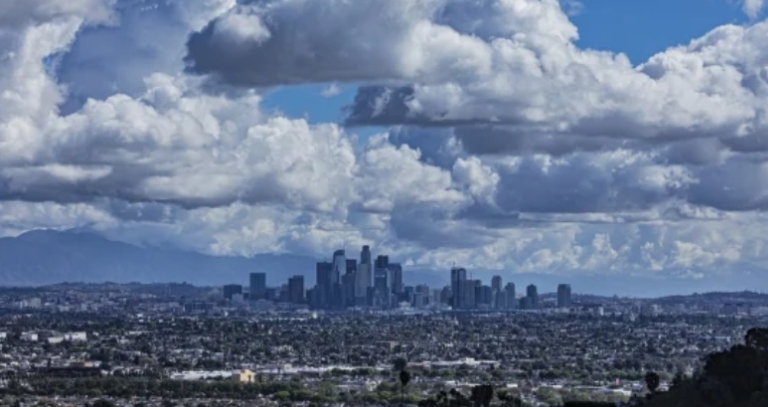
Plane-Free Skies & Starry Nights
With flights grounded and skies clearer, many rediscovered the beauty of star-filled nights. Residents in cities, often blinded by smog, could finally enjoy the night sky from their rooftops. The reduced light and air pollution revealed a magical side of nature we had almost forgotten.

COVID-19 and the Rejuvenation of Water Bodies
COVID-19 restrictions reduced industrial discharge and human interference near rivers. Consequently, water quality in rivers such as the Ganga and Yamuna improved noticeably. This temporary recovery shows how human activity directly impacts aquatic ecosystems and their health.
Lockdowns didn’t just clean the skies—they also revived rivers. In India, the Yamuna and Ganga rivers saw significant improvements in water quality as industries halted. Clearer water, higher levels, and reduced waste showed us what’s possible when human interference slows down.
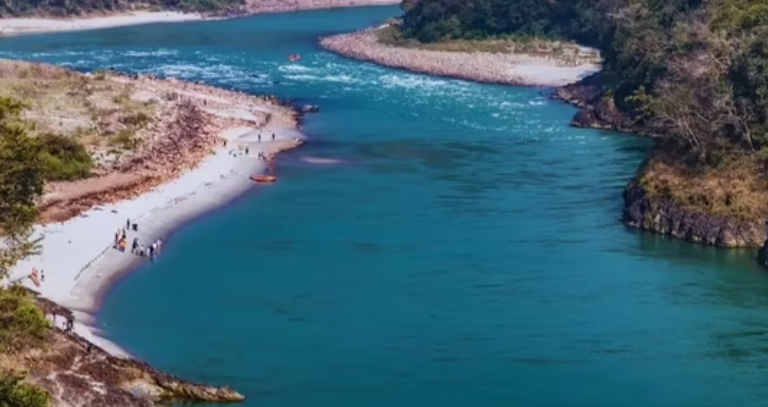
Wildlife’s Return Amidst COVID-19
COVID-19 lockdowns allowed wildlife to venture into urban spaces. In Italy, swans were seen swimming in canals, while deer appeared near cities. These observations emphasize the importance of conserving natural habitats for long-term biodiversity.
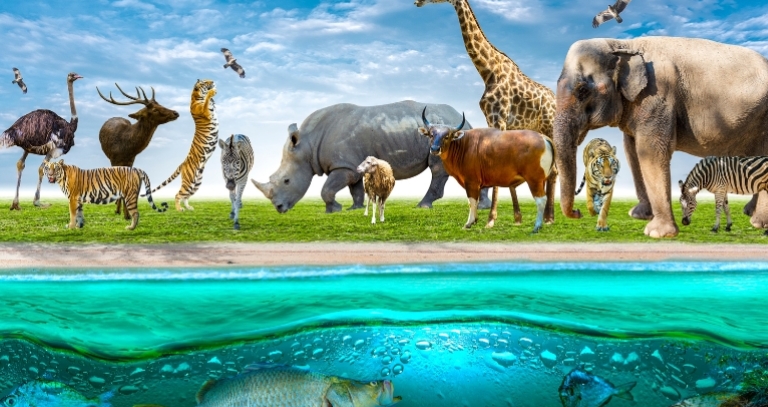
More clean and fresh air to breathe
According to India’s Central Pollution Board, there has been a significant improvement in air quality since the lockdown is imposed by the government. Now people are getting more fresh and clean air to breathe. The closing of businesses and activities related to Covid-19 has drastically decreased nitrogen dioxide concentration across the world. The national capital, New Delhi saw up to a 44% reduction in PM10 air pollutant level on the first day the restrictions were imposed. The PM10 standard measures airborne particulates 10 micrometers or smaller in diameter. Many crowded cities around the globe have also experienced reduction in air pollution.

Reduction in fossil fuel emission
No doubt that the restrictions and lockdown is affecting our economy and industries. But on the brighter side, it’s good news for climate change activists as carbon emissions that are heating the planet are more controlled than ever before. The price of oil has also slumped almost 2/3rd since last year. Maybe this is not bad after all and if we continue to think about the changes we can make in this world and pave a way to a sustainable future, we can correct our follies.

Regardless of the fact whether we would think about environment and change our habit or not, it all rests on public perceptions. The pandemic has demonstrated the deadly consequences of ignoring expert warnings, of political delay, and of sacrificing human health and natural landscapes for the economy. But the sooner we realize our mistakes and adopt methods to beat global threats lurking around us, the sooner we’ll be able to live a life we’ve always wanted. A life where our children can breathe clean air, eat organic food and use natural resources wisely for their future children.
If you’re interested in how global events impact our world, you might also enjoy our article on Visa-Free Malaysia Entry for Indians. Just as COVID-19 temporarily improved environmental conditions, understanding travel policies can help you plan responsible and eco-conscious trips. By linking health, environment, and travel, you can explore the world safely while minimizing your footprint.

